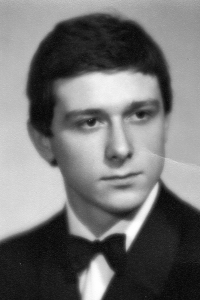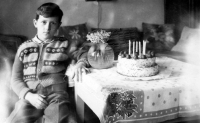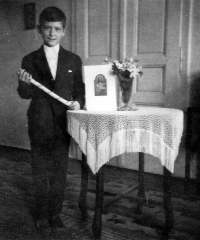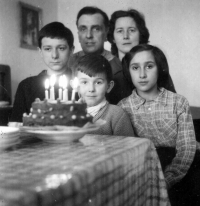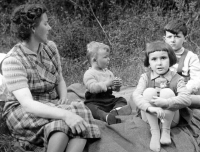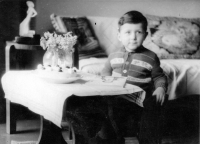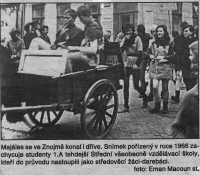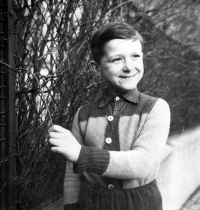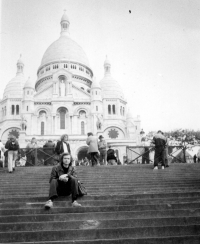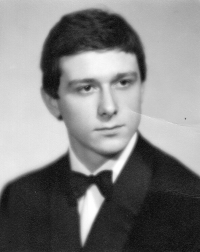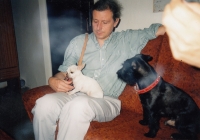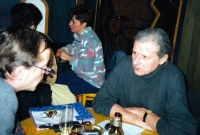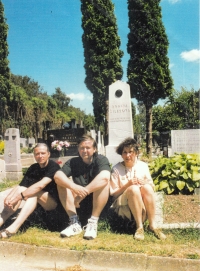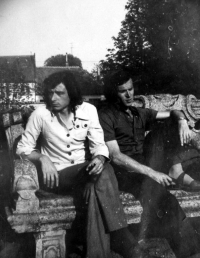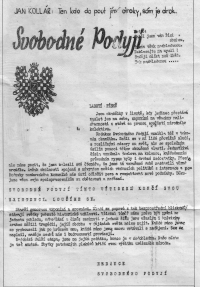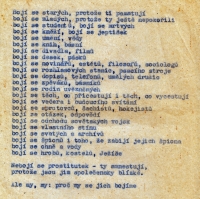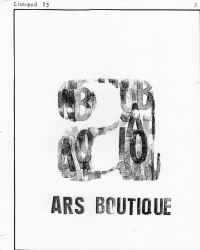Let’s not wait for someone to do it for us. We can change the world ourselves

Download image
Vladimír Šiler was born on May 7, 1950 in Znojmo. The father worked as a clerk in the Motorpal factory and the mother remained at home. He spent his childhood in a city strongly marked by the expulsion of the Germans. During his studies at the grammar school, he excelled in mathematics and physics. He was also interested in history, literature, art and rock music. In the spring of 1968, he took part in a student demonstration in Znojmo for free municipal elections. In August, he took part in protests against the occupation. He started studying at the Faculty of Electrical Engineering in Brno. In April 1969 he transferred to the Hussite Theological Faculty in Prague. In 1974 he came to the Ostrava region with his wife Jana, also a priest. They created, reproduced and disseminated samizdat literature, and the witness was at the birth of the samizdat review Ars Boutique. They lived under the supervision of the state security, authorities and church bodies. In November 1989, Vladimír Šiler was one of the founders of the Civic Forum in the Ostrava region. He has been working at the Faculty of Arts of the University of Ostrava since the 1990s.
